


Recently I contacted an old friend, and our conversation eventually turned to our current projects. I strive to speak to him maybe once a month, and we often end up coaching each other.
Of course I asked him about video games, or about his dreams and ambitions or whatever, but particularly about video games.
In reply, he announced he was presently emailing a spec of a game he's been working on for five years. I checked my email. It is brilliant. I catalogued all the reasons I liked it.
Why has it taken him five years? This person admitted he was at an impasse—he's arrived at "a glitch," he told me—and now I wondered if he weren't developing on the wrong platform or with the wrong tools. "I'm not too sure you actually need to hire a programmer," I warned him. I became thoughtful and then worried.
So I sent a few different resources. I began by pointing him to two recent and inspirational thingies by Tom Francis, the designer of the in-progress Gunpoint.
Last month Francis set down a scrupulous series of interviews titled "The Indies' Guide to Game Making." In that series he talks to myriad developers about which tools they've used to develop what games; the guide cursorily covers popular tools like GameMaker and Unity.
Next I sent my friend a link to Francis's Gunpoint presentation at Minecon. "He stresses the helpfulness of finding a central, 'fun' game mechanic and building around that," I told my friend, "so in a sense your tough work is already finished."
Then I recommended Anna Anthropy's Rise of the Videogame Zinesters (and minutes later I was demanding his mailing address, because I will lick the stamps myself if I have to). She underscores the value of trial-and-error and, also, of shipping an incomplete product to other people, to be scrutinized.
I also sent along Pippin Barr's How to Play a Video Game, even though I myself am not all the way through the book. I think I sent it partly because I am such a huge fan of Barr's Let's Play: Ancient Greek Punishment, which I once witnessed, in real-time, catch fire with a Chicago poetry newsgroup. (That game isn't even a metaphor: it's just a game about torture and futility.)
Another nice book to send might have been Tom Bissell's Extra Lives. I put especial philosophic weight into Finite and Infinite Games. I might have also sent along Game Feel or even Character Design for Mobile Devices, if I thought I could find a copy.
This is an exciting time for DIY game development; in some ways I'm almost glad my friend waited this far to begin serious work. It seems other game developers have become less and less stingy with their ideas, increasingly open and collaborative.
Take, for instance, game developer Adam Saltsman generously making the Flixel platform available to other would-be creators. Take "game jams" like Ludlum Dare or Jeuxly or, um, Global Game Jam. Take websites like TIGSource. Take websites like Instructables. Take websites like eHow, which taught me the procedure for extricating a ruined battery from a 2006 Impala.
My editor Ian Miles points out that the greatest gift you can do unto yourself is the gift of a stinkin' Twitter account, because on Twitter people crowdsource solutions to questions every day.
There is no reason for feeling lost anymore; rather, it's knowing where to look for help.
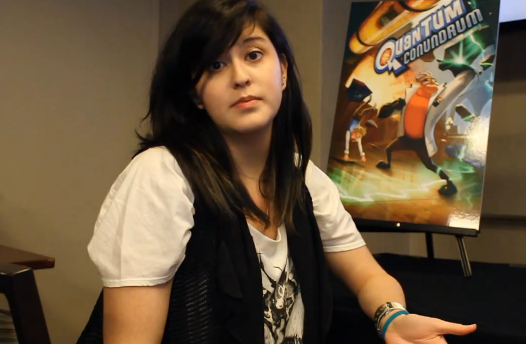
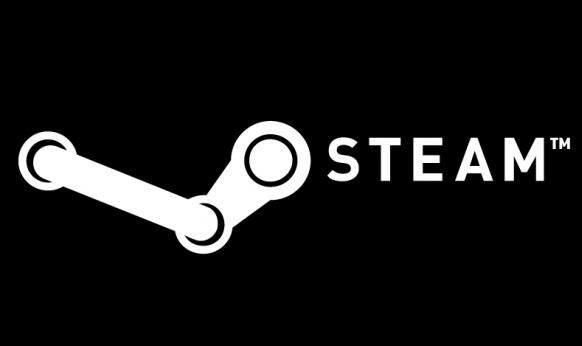


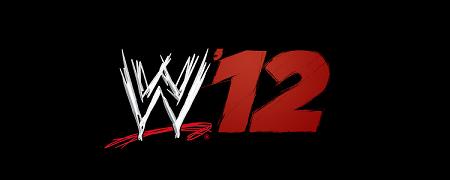 WWE 12 Achievements List
WWE 12 Achievements List How to Prepare for Heroes of the Storm: Beginner’s Guide
How to Prepare for Heroes of the Storm: Beginner’s Guide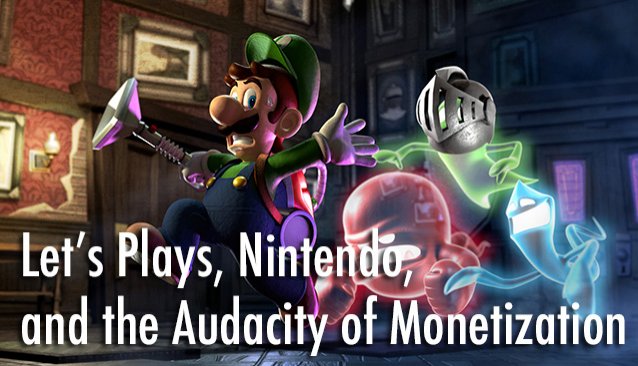 Lets Plays, Nintendo and the Audacity of Monetization
Lets Plays, Nintendo and the Audacity of Monetization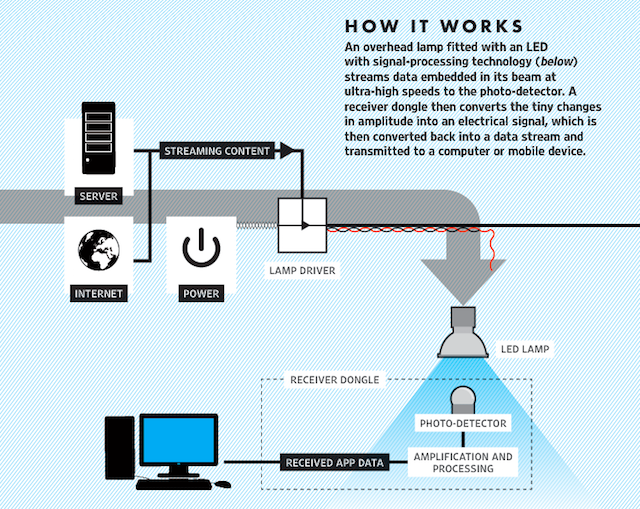 Li-Fi Is 100x Faster Than Wi-Fi, But What's the Catch?
Li-Fi Is 100x Faster Than Wi-Fi, But What's the Catch? Brit Awards: Sam Smith won best British Breakthrough act / best British global success award
Brit Awards: Sam Smith won best British Breakthrough act / best British global success award